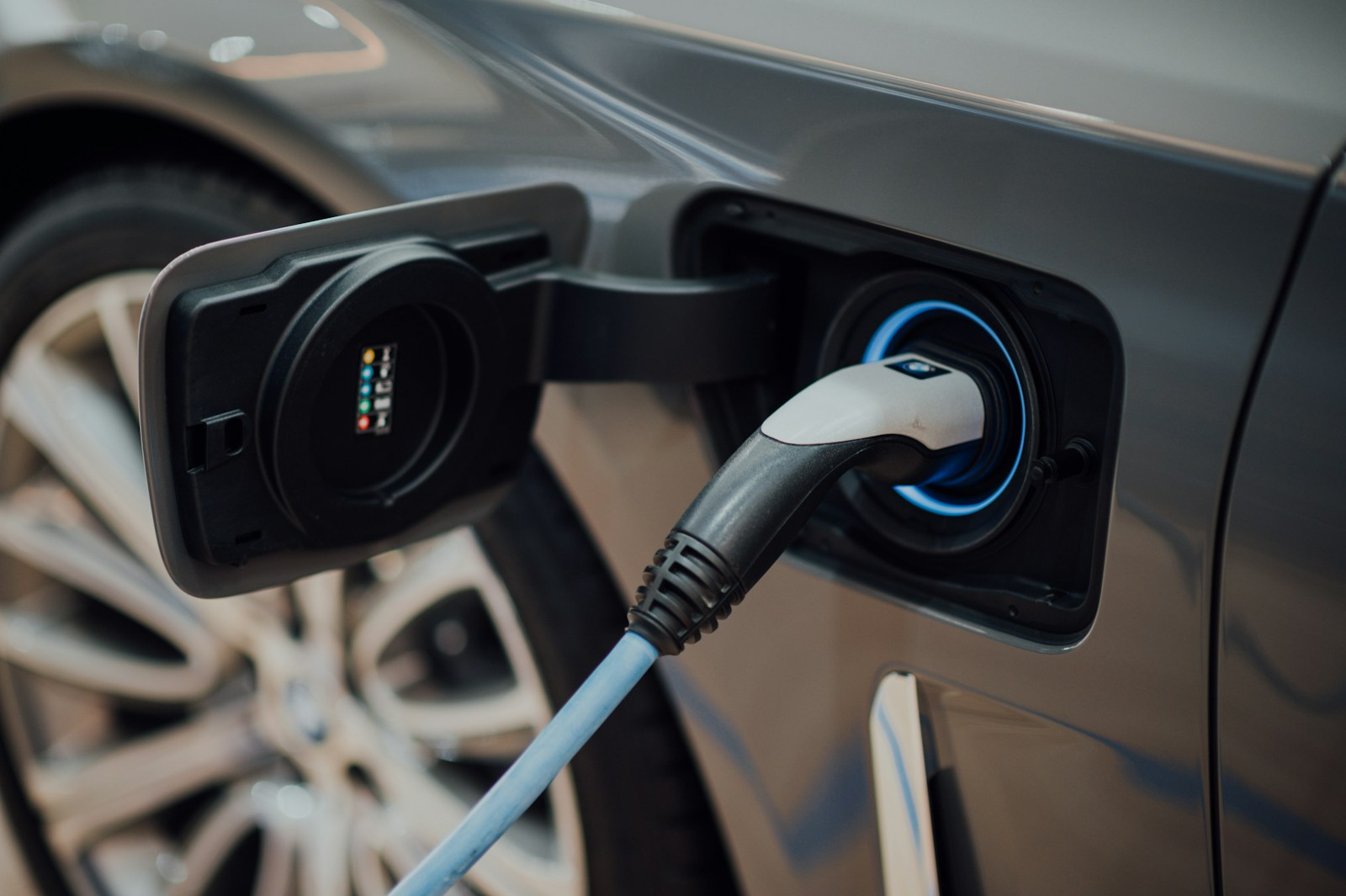In recent years, electric vehicles (EVs) have become a key part of the global push toward sustainability and environmental conservation. With governments, organizations, and individuals making conscious efforts to reduce carbon emissions, the rise of electric cars represents a significant leap toward a greener future. However, the adoption of electric cars brings with it the need for an efficient charging infrastructure. Having an electric car charger installation at home or in the workplace provides numerous benefits, from convenience and cost savings to environmental impact.
1. Convenience and Accessibility
One of the primary benefits of having an electric car charger is the unparalleled convenience it offers. Rather than relying on public charging stations that may not always be nearby or easily accessible, an at-home or workplace charger provides a consistent and accessible solution. EV owners can charge their vehicles overnight or during work hours, ensuring that their car is always ready to go when they need it. This eliminates the anxiety associated with running out of charge, a concern often called “range anxiety.” It also saves valuable time that would otherwise be spent locating and waiting for an available public charging station.
2. Cost Savings
Charging an electric car at home can result in significant savings over time. Public charging stations often come with higher costs due to fees for usage, peak pricing, and other factors. In contrast, using a home charger allows owners to take advantage of off-peak electricity rates, which are typically lower than daytime rates. Many electric utilities offer special rates for EV owners, further reducing the cost of charging. Additionally, the ability to charge at home eliminates the need for potentially expensive trips to public charging stations, resulting in more predictable and manageable costs.
3. Energy Efficiency and Control
Having a personal electric car charger gives drivers more control over their vehicle’s energy usage. With the ability to schedule charging times and monitor energy consumption, EV owners can optimize their charging practices for efficiency. Many home charging systems are equipped with smart technology that can be controlled through mobile apps, allowing owners to track charging progress, set specific times for charging, and even integrate with renewable energy sources like solar panels. This level of control allows for a more sustainable approach to driving, maximizing the environmental benefits of electric vehicle ownership.
4. Environmental Impact
The environmental benefits of electric vehicles are well-documented, and having an electric car charger at home amplifies these positive effects. By relying on renewable energy sources such as solar or wind power, EV owners can charge their vehicles with clean energy, reducing their carbon footprint. With the grid becoming progressively greener as renewable energy sources become more prevalent, charging an electric car at home can significantly reduce the overall environmental impact of driving.
Moreover, electric cars themselves generate fewer emissions compared to traditional gasoline-powered vehicles. As electric car adoption increases, the demand for fossil fuels decreases, which can help combat air pollution and reduce the overall carbon footprint of the transportation sector.
5. Home Value Enhancement
Installing an electric car charger can also increase the value of a home. As the popularity of electric vehicles continues to grow, having the infrastructure in place for EV charging can be an attractive feature for potential buyers. In some regions, homebuyers are actively seeking properties with pre-installed chargers, as it eliminates the need for them to invest in a charger themselves. This can give homeowners an edge in the real estate market, especially as the shift toward electric vehicles becomes more pronounced.
6. Long-Term Investment
While the initial cost of installing an electric vehicle charger can seem high, it is important to consider the long-term financial benefits. In addition to the savings on fuel and maintenance, the reduced reliance on public charging infrastructure can lead to a more cost-effective and independent driving experience. Moreover, as electric vehicles become more commonplace, the demand for home chargers will likely increase, further solidifying the value of having one installed. The overall cost of ownership for electric vehicles continues to decrease, and a home charger contributes to this trend by making charging more affordable and accessible.
7. Support for the EV Ecosystem
Finally, having an electric car charger at home supports the broader electric vehicle ecosystem. As more people install chargers at their homes, the adoption of electric cars is likely to increase, driving further innovation in both the automotive and energy industries. The growth of home charging infrastructure will encourage governments and utilities to invest in more widespread and robust charging networks, benefiting all EV owners and contributing to the transition to clean transportation.
The benefits of having an electric car charger are manifold, encompassing convenience, cost savings, energy efficiency, environmental impact, home value enhancement, and long-term investment. As electric vehicles continue to become more mainstream, the need for accessible and efficient charging infrastructure will only grow. By installing a charger at home or in the workplace, EV owners can maximize the convenience and cost-effectiveness of driving an electric car while supporting the global effort toward a more sustainable and eco-friendly future.

